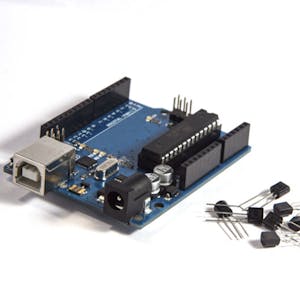Computational Neuroscience
About this Course
This course provides an introduction to basic computational methods for understanding what nervous systems do and for determining how they function. We will explore the computational principles governing various aspects of vision, sensory-motor control, learning, and memory. Specific topics that will be covered include representation of information by spiking neurons, processing of information in neural networks, and algorithms for adaptation and learning. We will make use of Matlab/Octave/Python demonstrations and exercises to gain a deeper understanding of concepts and methods introduced in the course. The course is primarily aimed at third- or fourth-year undergraduates and beginning graduate students, as well as professionals and distance learners interested in learning how the brain processes information.Created by: University of Washington
Related Online Courses
This course is designed for business professionals that want to learn how to gather results from previous stages of the data science project and present them to stakeholders. Learners will... more
Sustainability, Resilience and Efficiency are fundamental considerations for city managers in managing urban infrastructures. Today, more than 3.9 billion people, making up more than 54% of the... more
This course is an introduction to Logic from a computational perspective. It shows how to encode information in the form of logical sentences; it shows how to reason with information in this form;... more
In this course, you will build on the skills learned in Exploratory Data Analysis with MATLAB to lay the foundation required for predictive modeling. This intermediate-level course is useful to... more
Arduino senses the environment by receiving inputs from add-on devices such as sensors, and can control the world around it by adjusting lights, motors, and other actuators. In this class you will... more







